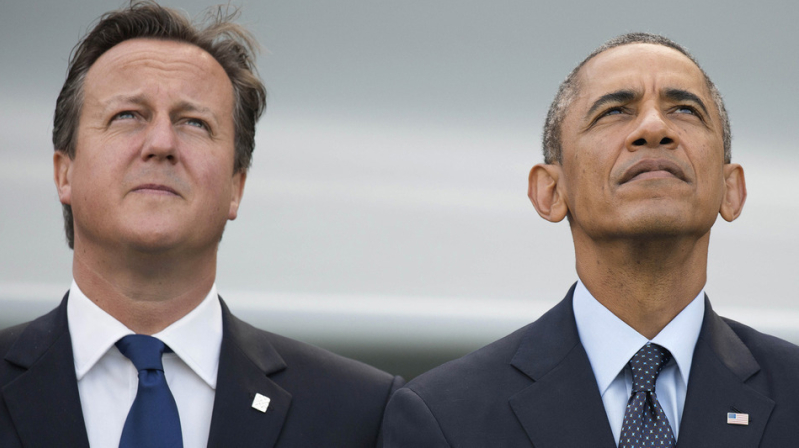
America and scores of other countries are desperately trying to prevent their citizens from joining ISIS.
The United States has seized on the issue, pushing for a legally binding United Nations Security Council resolution that would compel all countries in the world to take steps to "prevent and suppress" the flow of their citizens into the arms of groups considered to be terrorist organizations, according to The New York Times.
France wants more power to block its citizens from leaving the country, while Britain is weighing whether to stop more of its citizens from coming home. Tunisia is debating measures to make it a criminal offense to help jihadist fighters travel to Syria and Iraq, while Russia has outlawed enlisting in armed groups that are "contradictory to Russian policy."
The rapid surge of the Islamic State in Iraq and Syria, and its ability to draw fighters from across the globe, have set off alarm bells in capitals worldwide. Countries that rarely see eye to eye are now trying to blunt its recruitment drive, passing a raft of new rules that they hope will stop their citizens from joining extremist groups abroad, according to The New York Times.
The debate over stemming the flow of foreign fighters has opened up new legal territory and raised the question of when and how countries should prosecute their citizens for fighting in another country's war. Beyond that, standards of proof can be high in many European countries, diplomats said, and proving participation in a known terrorist group has been a challenge.
What is more, governments around the world are under pressure to balance their desire to target individuals who pose a genuine risk at home without engaging in broad crackdowns that could backfire and alienate a wider portion of their populations, particularly Muslim youths.
"It requires very, very rigorous intelligence assessment," said David H. Ucko, an associate professor at the National Defense University in Washington, according to The New York Times.. "If you let in the wrong person and you have an attack, the political blowback is going to be unbelievable."
Recruits from 74 countries are among the estimated 12,000 foreign militants in Syria and Iraq, many of them fighting with ISIS, according to Peter Neumann, a professor at King's College London, who has culled the figures largely from government sources. The largest blocs of these fighters come from nearby Muslim countries, like Tunisia and Saudi Arabia, but smaller contingents come from countries as far away and disparate as Belgium, China, Russia and the United States, according to The New York Times.
American intelligence officials disclosed this week that there were 15,000 foreign fighters in Iraq and Syria from 80 countries, mostly with ISIS.
The Security Council made it illegal to aid terrorist organizations after the Sept. 11 attacks, and recent studies suggest that only a small share of foreign fighters have committed acts of terrorism once they return home. But the prospect of radicalized youths' becoming hardened on the battlefields of Syria and Iraq has sent a new ripple of anxiety through nations of all stripes, reviving a longstanding tension, especially in democratic countries, over how to balance civil liberties and security in an age of transnational terrorism, according to The New York Times.
"You now have reopened those very debates," said Kathleen Hicks, a former Pentagon official now at the Center for Strategic and International Studies.
The efforts to stop fighters from rallying to the side of ISIS puts the greatest scrutiny on countries like Turkey, whose long porous border has allowed thousands of militants to cross into the Syrian battlefield and into Iraq. Turkey has openly supported some of the rebels who have sought to unseat Syria's president, Bashar al-Assad, but lately it has faced the direct ire of ISIS, according to The New York Times.
Nearly 50 of its citizens have been held hostage by the group in the Iraqi city of Mosul since June, including the Turkish consul general.







